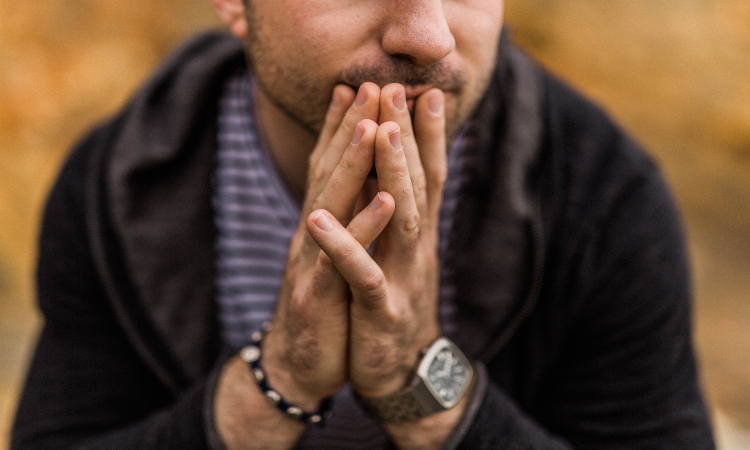The neuroscience of habits – And how mindfulness can break them

Photo by Josh Riemer
“Depending on what they are, our habits will either make us or break us. We become what we repeatedly do.” Sean Covey.
Sean Covey was right. As was Warren Buffett when he said, “The chains of habit are too light to be felt until they are too heavy to be broken” Some habits are good, others deserve close critical examination, and some particularly strong ones even hold us back from being the best we can be, both in our personal lives and our careers.
What Judson Brewer thinks about habits
The US psychiatrist Judson Brewer is a thought leader in what’s called the science of self mastery. With more than two decades’ of experience combining mindfulness with scientific research, he is also an expert at mindfulness training, focusing on addictions.
2012 saw him founding Claritas MindSciences, an organisation dedicated to combining mindfulness with neurofeedback techniques to ease cravings. Currently an Associate Professor of Psychiatry and Medicine at University of Massachusetts School of Medicine, where he operates as Director of Research at the Center for Mindfulness, he knows an awful lot about habits. So what’s the process behind habit formation? It’s actually simple.
- Cue or trigger – for example a cigarette, which often signals calmness and comfort
- Behaviour – we smoke the cigarette
- Reward – we believe we feel comforted and calmer
Less-than-positive habits give us temporary relief, soothing the pain, fear, uncertainty or whatever else it is we’re feeling. They can help us avoid bad feelings, but they’re not cognitive, they’re reactive, and the dial gets turned up extra-high when you’re under stress. You can see how our habits are sometimes merely tools – and often not very good ones – that we’ve developed to help us survive.
How to break a habit
Brewer believes there’s a way to break bad habits. He thinks we can use mindfulness training to break them. Take smoking. When you’re mindful about smoking, you quickly realise it actually tastes absolutely horrible, all tarry and sour, and that conscious knowledge helps you quit. You’ve used cognition to control your behaviour rather than letting habit take control, and you’ve done it simply by being curious about your feelings, noticing that your cravings are merely a collection of bodily sensations which come and go. They’re less cognitive, more felt in the body itself, in the muscles, much more physical than mental, and understanding habits in this way makes it a lot easier to change them.
The science behind it – get curious to become mindful

Photo by Nathan Dumlao
We find Brewer’s notion of ‘getting curious’ fascinating. It’s clear curiosity and mindfulness go hand in hand. Experiencing curiosity about your inner feelings and leaning into them, feeling them for what they really are, takes much of the mystery and fear out of them, reducing their power. It looks like meditation and mindfulness can influence your brain, helping you to change long-held unhelpful reactions to positive, helpful ones.
Using curiosity and the resulting mindfulness, you can observe those bodily sensations come and go, shift and change. Before long you might find you’re feeling disenchanted by the very thing that used to attract you, for example eating that cake or smoking that cigarette.
When you actually notice the urge, notice the habit, take note of the sensations you’re feeling then consciously let go of them, you find you can move through the urge, break the trance, change the habit. You don’t have to try too hard or get all caught up in the feelings, either. You explore the thoughts and sensations, play with them, and ultimately get out of your own way!
Can you develop your own inner scientist through observation and mindfulness? It takes time and meditation intention, but it can work. If you are interested in knowing more, you can watch Dr Judson Brewer’s video:
A simple way to break a bad habits here
Would you like to shift reactive habits at work?
We can help you understand how to develop and shift reactive habits in your professional life. If you are interesting in renewing some of your old patterns and finding new, liberating approaches, contact us







